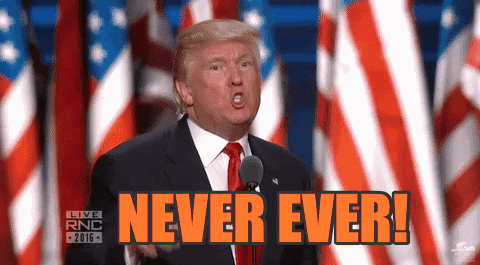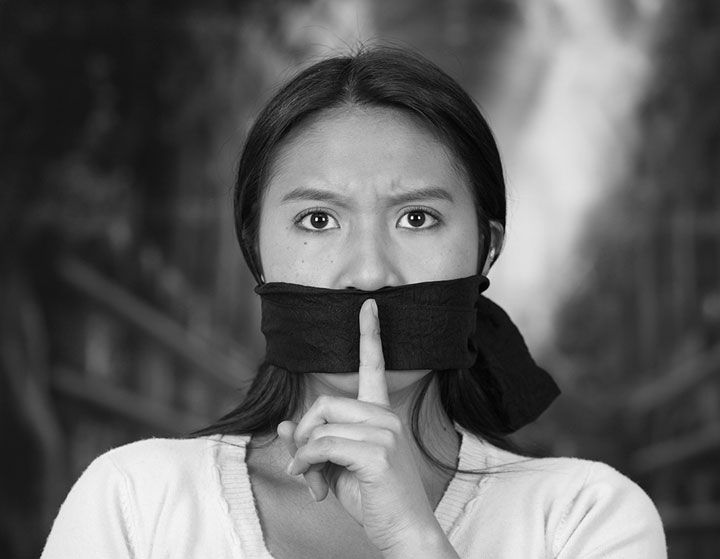For as far back as I can remember, the phrase “Stop being such a girl” has been attached to my life like a little bag-tag of insult. When, in reality, it is everything but. I was told to “stop being a girl” as a scrawny third-grader who was too physically weak to kick a football right. As well as when I was an 18-year-old who couldn’t stop balling at the end of a cheesy rom-com.
It never stopped. And sadly, it still hasn’t.
Casual remarks like these subconsciously affect the way we perceive our world. If you’re still wondering what’s so wrong with being called a “girl”, Allow me to break it down for you. The insult does not lie in the fact that you’re calling me a girl, but the negative characteristics you’re associating with it. And what you’re silently implying by it. It’s more about what is left unsaid.
Example: A 5-year-old cries after he falls in the middle of a 100m race.
You Might Say: “Stop being such a girl”
What It Implies: Girls are weak, cannot bear pain & give up easily.
What You Could Say Instead: It doesn’t matter that you fell, what matters is that you finish the race.
Stop being a girl is just one of the numerous other phrases we use in our everyday language. These phrases do not only work against our goal towards a more inclusive, equal society. But also promote the idea of casual sexism, rape culture and continue to uphold the rampant patriarchy. Here are some examples of these remarks and simple ways you can change it.

Example: Germany wins 10-2 against Portugal in the world cup final.
You Might Say: “Germany totally raped Brazil in that football game, bro”
What It Means: Rape = Victory
What You Could Say Instead: Looks like Brazil didn’t practice enough to take on Germany in that game! LOL
Rape is one of the most bone-chilling crimes in our world today. So equating something like rape to a win or even a loss (“oh man, this exam totally raped me”) is far from okay. By using a phrase like this one, remember you are giving more power to the existing rape culture as well as disrespecting rape victims all over the world.

Example: Your colleague yells at you for messing up a project at work.
You Might Say: Why are you freaking out about this, Is it THAT time of the month?
What It Means: Every woman on her period is a ticking time bomb and can blow up at any moment.
What You Could Say Instead: How can I change what I’ve screwed up? (considering you actually messed up) or Can you show me where I messed up?
To automatically assume that when a woman is on her period she is a tense ball of emotion ready to pop is downright sexist. Consider all the factors of your scenario before you make a comment like this one.

Example: Donal Trump’s “Grab ’em by the pussy. You can do anything”
You Might Say: Boys Will Be Boys
What It Means: Anything a boys says or does (whether positive or negative) is considered acceptable.
What You Could Say Instead: Boys should be held accountable for their actions AND words.
When we say things like this, it automatically dispels questionable behaviour on the part of the entire male race. Whether its catcalling, creepy winking or even nasty DMs—“It’s only because he’s a boy, ya” can never be acceptable behaviour for anything. I repeat, ANYTHING.

Example: You spot a girl in a short dress entering a club with two guys.
You Might Say: She looks like a total slut.
What It Means: You’re assuming that the said woman is promiscuous & because of the way she’s dressed will ask for uncalled attention. And “Asking For It”
What You Could Say Instead: Nothing. To Each, His Own—Right?
Calling someone a slut, whore etc serve to place a character flaw entirely on a woman for the way she’s dressed or with the people she’s with. It’s time we stop writing someone else’s side of the story and focus on ourselves because, #ItStartsEndsWithMe.

These phrases are nothing but remnants of a regressive, patriarchal past and the only way we can move ahead is if we start by being mindful of how we speak and what we say.


